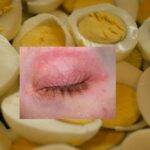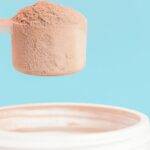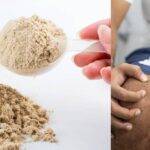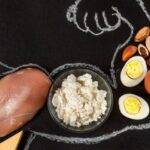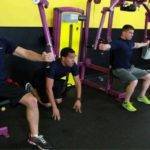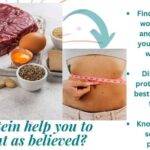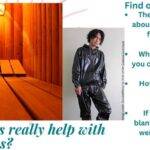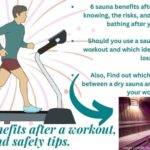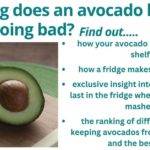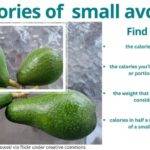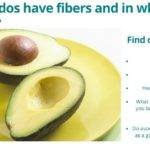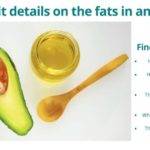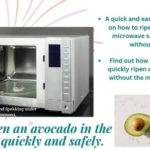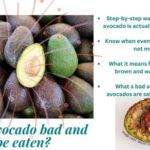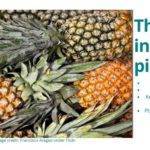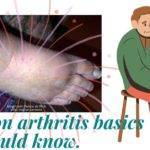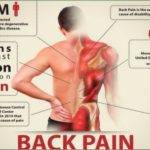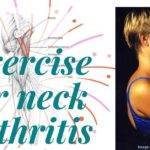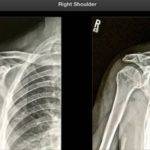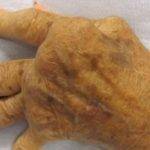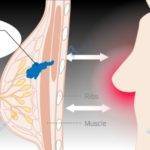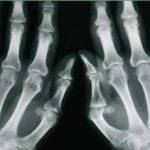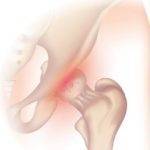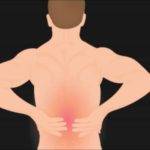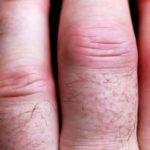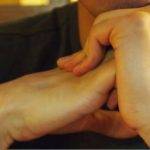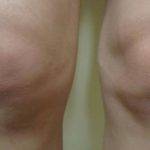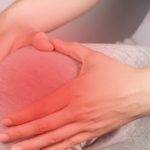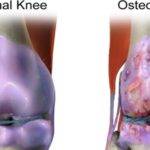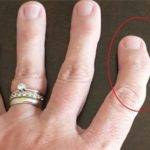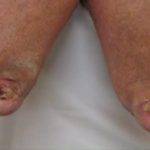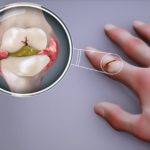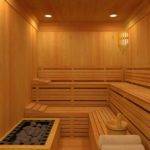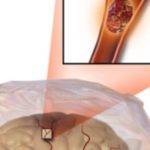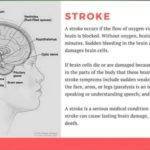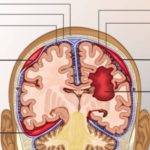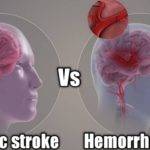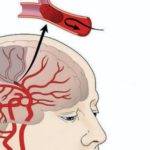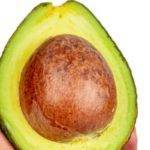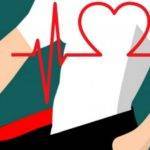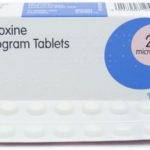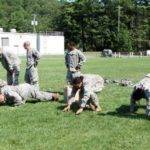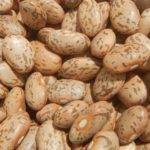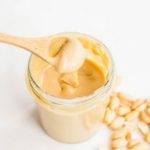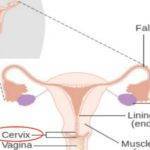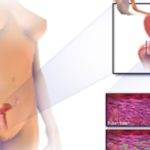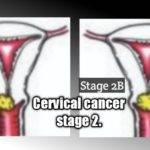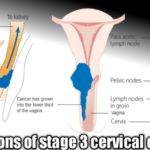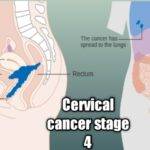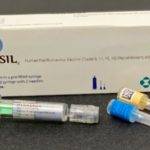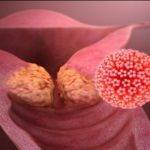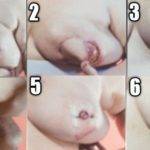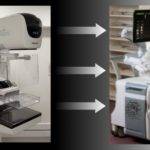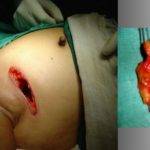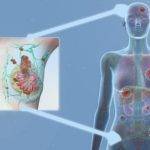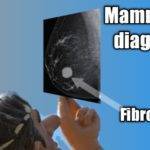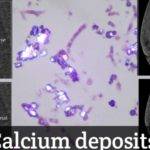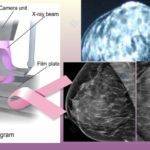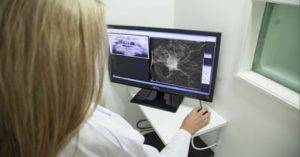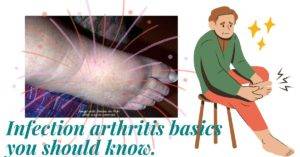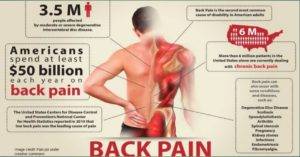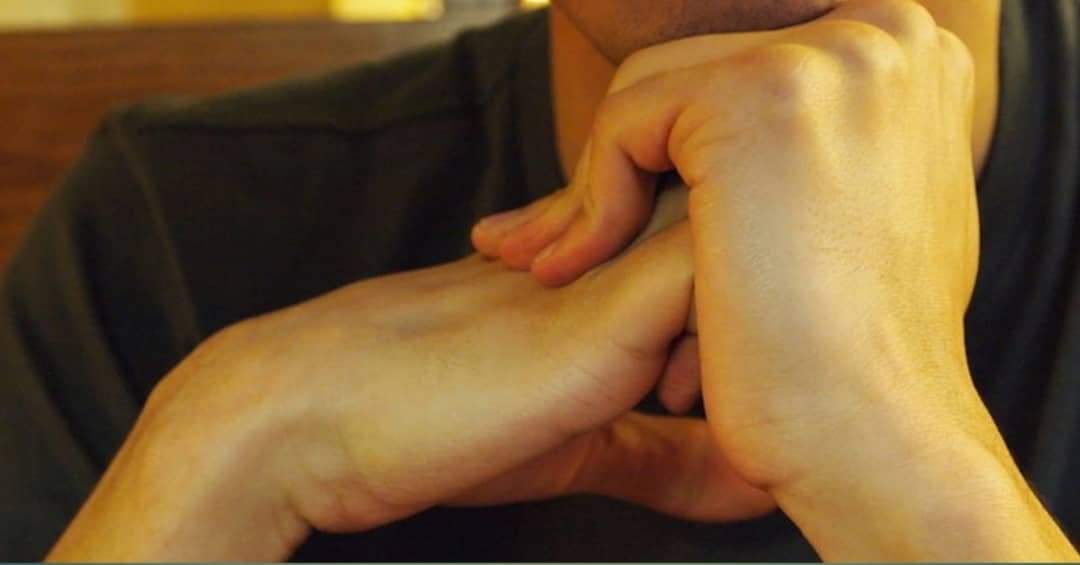
Table of Contents
No, the painless popping of your fingers does not cause arthritis of the fingers and remains harmless even if you do it throughout your lifetime. This has been proven by several studies. On the contrary, it may reduce the occurrence of arthritis when done repeatedly and also improve the range of your finger joints.
The sound is often made when a finger joint is moved beyond its functional range. It is believed to reduce hand grip strength when it becomes habitual.
In this article, we’ll take a look at the mechanism behind the popping, misconceptions surrounding the phenomenon, and the side effects.
How does popping your fingers work?
There are a couple of gases present in the synovial fluid that surrounds the joints. These include Oxygen, Nitrogen, carbon dioxide, and Nitric oxide. It’s the reaction of these dissolved gases when the joint is moved that is responsible for the popping or cracking sound you hear.
Two mechanisms have been described by which the gases make this sound. One is the process that leads to the formation of cavitation bubbles within the synovial fluid while the other is the sound made by the break up of a larger air bubble within the fluid into smaller ones.
To me, the first phenomenon has more weight and is in line with lots of medical imaging results obtained during the process. However, we’ll go on to highlight the two.
Formation of gas bubbles.
When a joint is flexed, pulled, or extended beyond functional limits, a negative pressure is created within its joint space. The pop sound is made as this negative pressure forces some of the dissolved gases out of the synovial fluid to create a cavitation air bubble within the synovial fluid. This is in line with research done as early as 1947 and supported by a more recent study1 by some researchers. The video above demonstrates this phenomenon using an ultrasound machine.
Bursting of gas bubbles.
A second opinion from Harvard Medical School holds that it is the break up of already existing cavitation air bubbles within the joint into smaller bubbles, that make the sound.
We are not 100% sure of the exact reasons but some people believe there are two sounds made by the joint and each sound follows a different mechanism. The first is the formation of cavitation bubbles from negative pressure and the second is the bursting of these bubbles into smaller bits.
Wrong notions about popping of fingers.
One of the wrong beliefs held about popping your fingers is the topic of this article. It happens not to be the only one. Below are some misconceptions people have attributed to cracking or popping your fingers.
A lot of the theories put forward to explain the reason for the popping don’t seem right but we can’t elaborate on them since there is yet no answer with 100% certainty. Nonetheless, I will highlight two notions that have been making the rounds despite being wrong.
Joint swelling.
Swelling is one of the components of inflammation which is often accompanied by pain. You would expect it in situations related to some kind of injury or infection. Even as I am typing this, my dog’s left ear lobe is swollen from an infection and the treatment commenced yesterday.
Finger popping is a non-injurious, and if done rightly a painless phenomenon, so there is no way it could result in joint swelling, and research 2 in the Journal of Clinical Orthopaedics and Related Research has proven that.
Functional impairment.
Another wrong assumption some have come to believe is that the popping of the fingers leads to functional impairment. When done correctly popping the fingers or any other joint shouldn’t hurt but instead results in some pleasant feeling. This is the reason some have made it a habit.
Anything that doesn’t result in soft or hard tissue damage can’t lead to functional impairment of a joint. There is therefore no way finger popping can result in a hand impairment.
8 reasons why people pop their fingers.
Statistics from the Library of Medicine3, show as much as 45% of people are in the habit of cracking their fingers. You may wonder why people do this. There are a couple of reasons.
1. Therapeutic goals: I attended a workshop some time ago where the resource persons laid a lot of emphasis on the importance of joint popping. People were made to understand treatment goals haven’t been met unless the sound is heard.
2. Pleasant feelings: Finger or knuckle popping leaves a pleasant after-effect. I can tell because I do it too. With such pleasantness that comes at no cost, it’s only natural for people to repeat it for as long as they can.
3. Distraction: It provides an instant distraction from unpleasant moments or thoughts.
4. Established habit: The feeling of finger-popping is a pleasant one. This could make people keep repeating it since it does not harm them. Something done repeatedly over time becomes a habit.
5. Sound effects: Some people pop their fingers for no other reason but the love of the sound.
6. Pre-task preparation: Some people will first pop their fingers as part of the preparation for an undertaking or physical task that is laid out right before them.
7. Buying time: Some people pop their fingers while trying to figure out the best way to get on with a task.
8. Stress relieving: The pleasantness that goes with finger-popping also has some stress-relieving effects.
Do keep in touch by signing up for our newsletter:
Undesirable effects of popping your fingers.
There aren’t many undesirable effects or side effects to finger popping. They are:
Individual acceptance or feelings: Not everyone is comfortable with the sound. To some, it sounds like breaking something in the body and it makes them feel rather uncomfortable. So doing this in public may not be an excellent idea.
Hurting yourself in the process: There are reports from Harvard Health Publishing, of people hurting themselves during finger popping. The process when done right should be painless. It’s possible to apply excessive force that may result in an injury to your fingers.4
Reduction in hand grip strength: It has been reported that chronic finger popping could result in a drop in your hand grip strength. This doesn’t mean it’s harmful and whatever drop in the strength of your hands may not be significant and it certainly doesn’t result in any physical impairment.
Does popping your fingers cause long-term damage?
Research has proven there is no link between a finger or joint popping and long-term joint damage. A study published by the National Institute of Health5 involved a survey of geriatric (elderly) patients with a history of knuckle, or finger popping. The study found there is no link between long-term joint popping and degenerative joint diseases.
There is another report published in the Journal of Rheumatology,6 in which a rheumatologist, Dr. Donald Unger, popped the knuckles on his left hand not less than twice daily for over 50 years but largely spared those of his right hand. At the end of this period, medical images showed no difference in the joint health of both hands.
When to see your doctor.
As I have stated earlier in this article, finger-popping when done right should not elicit pain or result in swelling.
When popping your fingers, even in the right way, elicits pain, swelling, or both, it may be the sign of an underlying medical condition or injury that needs the attention of your healthcare provider. Pain and swelling are part of the clinical symptoms of different types of arthritis such as Osteo, psoriatic, rheumatoid, and even septic arthritis.
I hope this article was helpful and satisfactorily answers your questions on this topic. Kindly reach out to us with any additional questions you may have. Meanwhile, I wish you happy finger-popping and awesome health.
- G.N. Kawchuk et al. Real-time visualization of joint cavitation. PLOS ONE. Published online April 15, 2015. doi:10.1371/journal.pone.0119470. https://www.snexplores.org/article/mystery-solved-why-knuckles-crack ↩︎
- Boutin, R.D., Netto, A.P., Nakamura, D. et al. “Knuckle Cracking”: Can Blinded Observers Detect Changes with Physical Examination and Sonography? Clin Orthop Relat Res 475, 1265–1271 (2017). https://doi.org/10.1007/s11999-016-5215-3 ↩︎
- Boutin, R. D., Netto, A. P., Nakamura, D., Bateni, C., Szabo, R. M., Cronan, M., Foster, B., Barfield, W. R., Seibert, J. A., & Chaudhari, A. J. (2017). “Knuckle Cracking”: Can Blinded Observers Detect Changes with Physical Examination and Sonography? Clinical Orthopaedics and Related Research, 475(4), 1265-1271. https://doi.org/10.1007/s11999-016-5215-3 ↩︎
- Chan PS, Steinberg DR, Bozentka DJ. Consequences of knuckle cracking: a report of two acute injuries. American Journal of Orthopedics (Belle Mead, N.J.). 1999 Feb;28(2):113-114. PMID: 10067714.
↩︎ - Swezey, R. L., & Swezey, S. E. (1975). The Consequences of Habitual Knuckle Cracking. Western Journal of Medicine, 122(5), 377-379. https://www.ncbi.nlm.nih.gov/pmc/articles/PMC1129752/ ↩︎
- Cracking the Cracked Knuckle: A Medical Student’s Take
JOHN GAETANO
The Journal of Rheumatology Nov 2009, 36 (11) 2624; DOI: 10.3899/jrheum.090530 ↩︎





